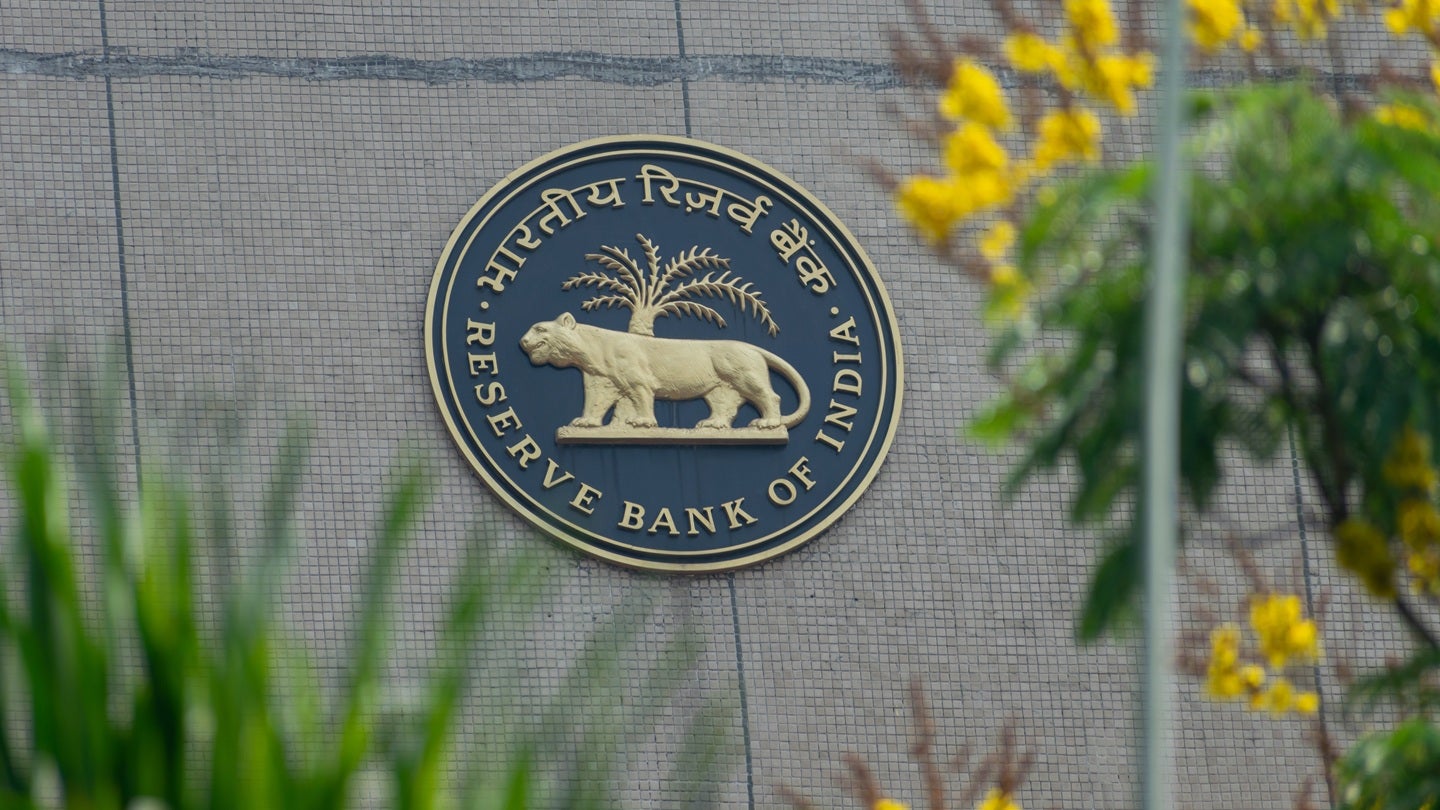
The Reserve Bank of India (RBI) governor Sanjay Malhotra has ruled out granting banking licences to corporate entities or their non-banking financial companies, citing an inherent conflict of interest that could endanger public deposits.
Malhotra clarified that no proposals are under consideration to allow corporates into banking, emphasising the importance of separating banking operations from corporate ownership to maintain trust and protect depositor funds.

Access deeper industry intelligence
Experience unmatched clarity with a single platform that combines unique data, AI, and human expertise.
Speaking at a fireside chat hosted by The Financial Express, he also addressed promoter holdings in private sector banks, stating that the RBI has no plans to revise the 26% voting rights cap outlined in the Banking Regulation Act, as it promotes diversified ownership for effective checks and balances.
However, he noted that foreign banks can hold up to 100% ownership, provided they comply with regulatory approvals and norms.
On corporate governance, Malhotra stressed that bank boards bear the ultimate responsibility for operations.
“The board cannot be held responsible for each and every misdemeanour or episode,” he was quoted as saying by The Times of India, adding boards must “be vigilant and ensure that the money that the depositors, many of them small, have entrusted with them is kept safe.”

US Tariffs are shifting - will you react or anticipate?
Don’t let policy changes catch you off guard. Stay proactive with real-time data and expert analysis.
By GlobalDataAdditionally, he highlighted the RBI’s efforts to promote the international use of the Indian rupee through trade settlement and currency agreements.
He outlined operational arrangements already in place with countries like the UAE and ongoing discussions with others, such as the Maldives.
Meanwhile, earlier this month, the Indian apex bank issued an advisory to banks for the integration of the Financial Fraud Risk Indicator, a tool developed by the Department of Telecom (DoT), to reduce online financial frauds.







